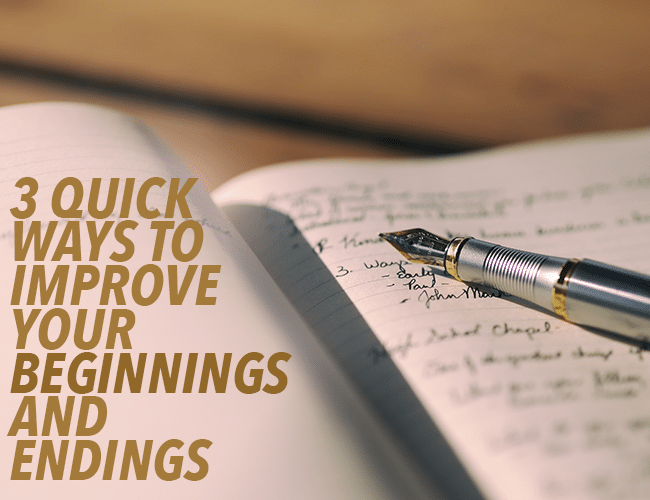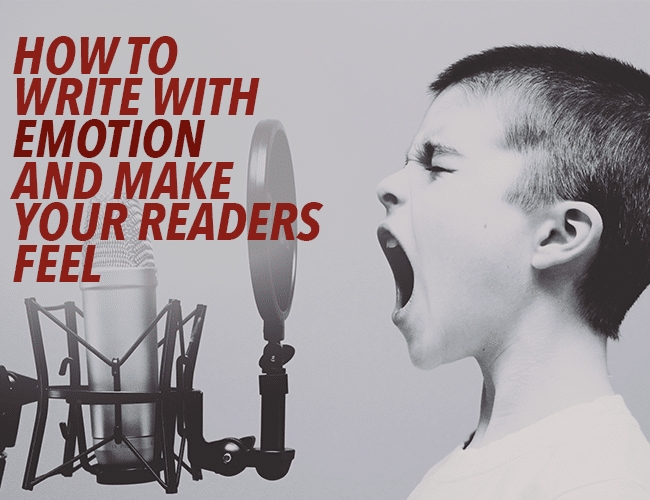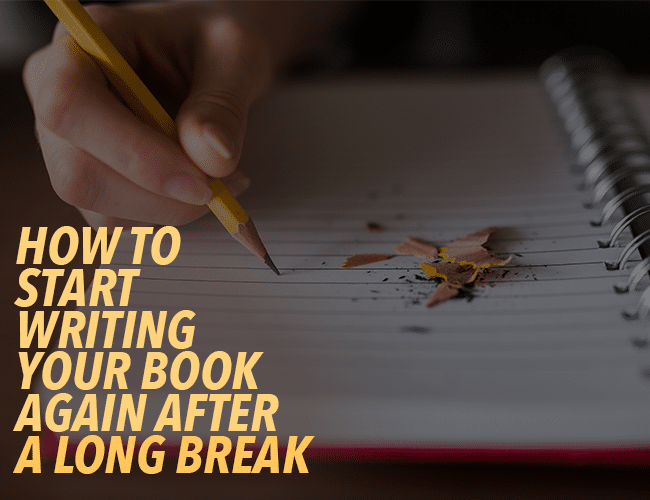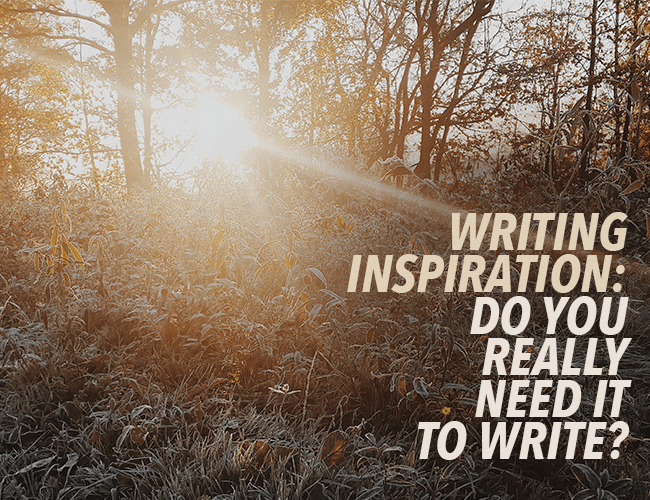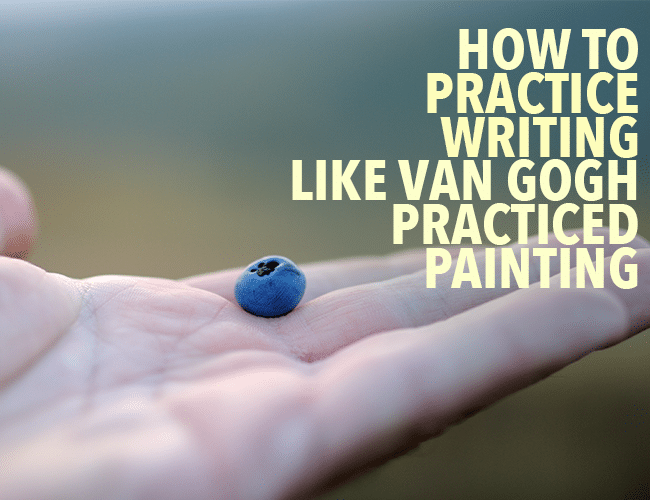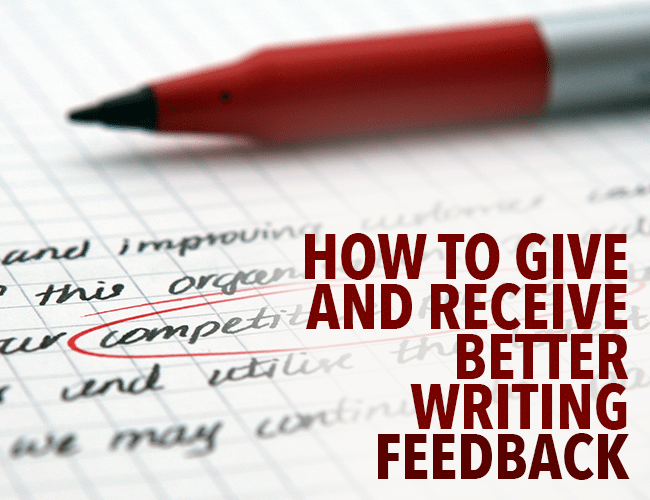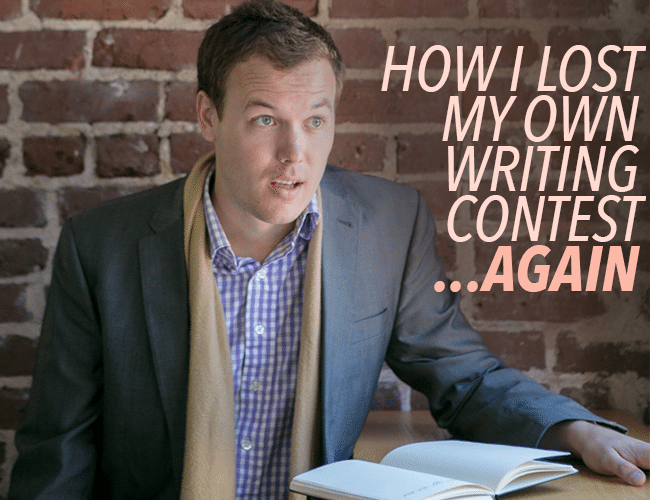My family moves a lot. Beginnings are often stressful, disorienting things, while endings might be joyous, grief-filled, and everything in between. Funny how stories are like that too. It’s often so difficult to know how to begin a story or how to tie it up at the end. Why are beginnings and endings so hard to do well in writing and life?
